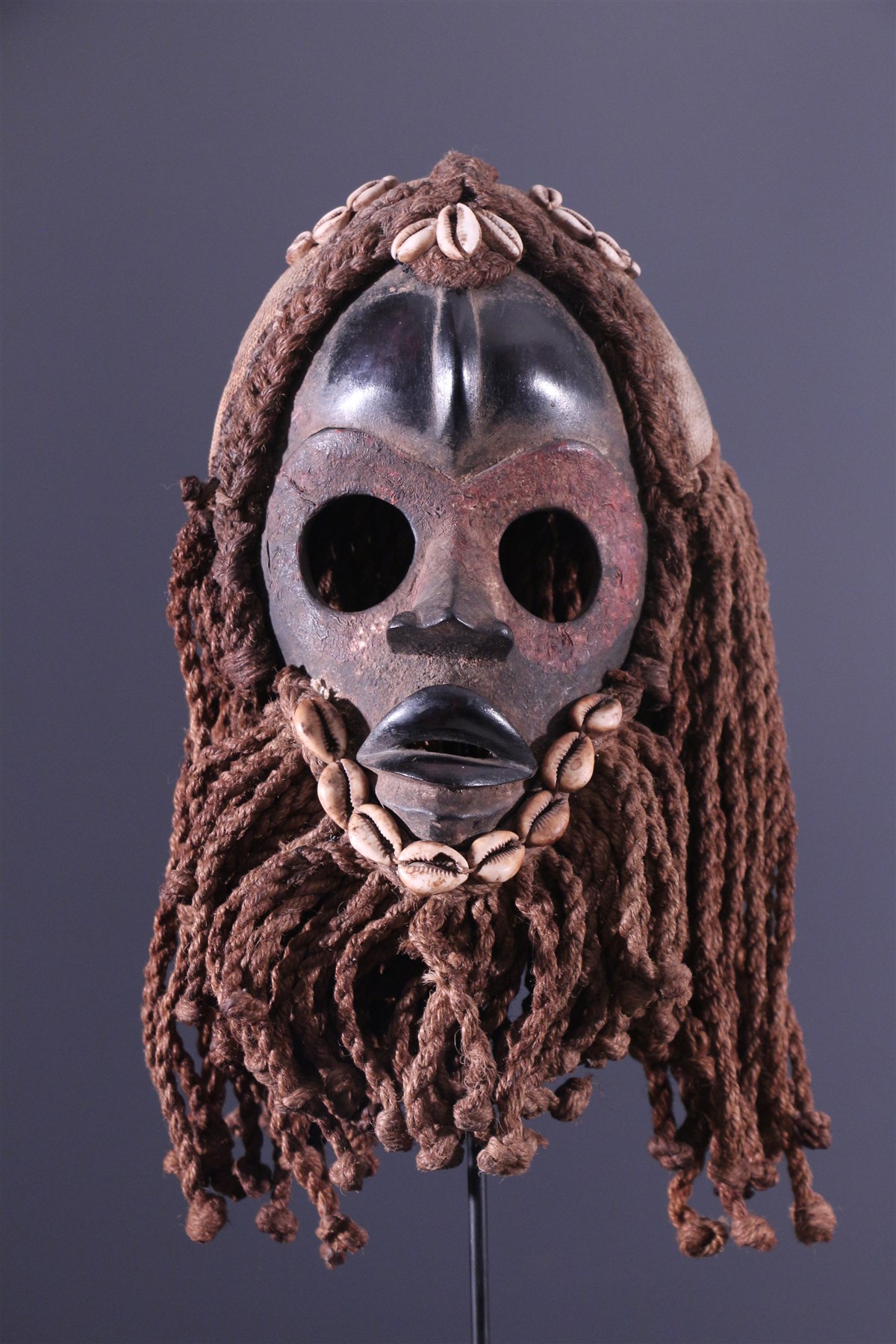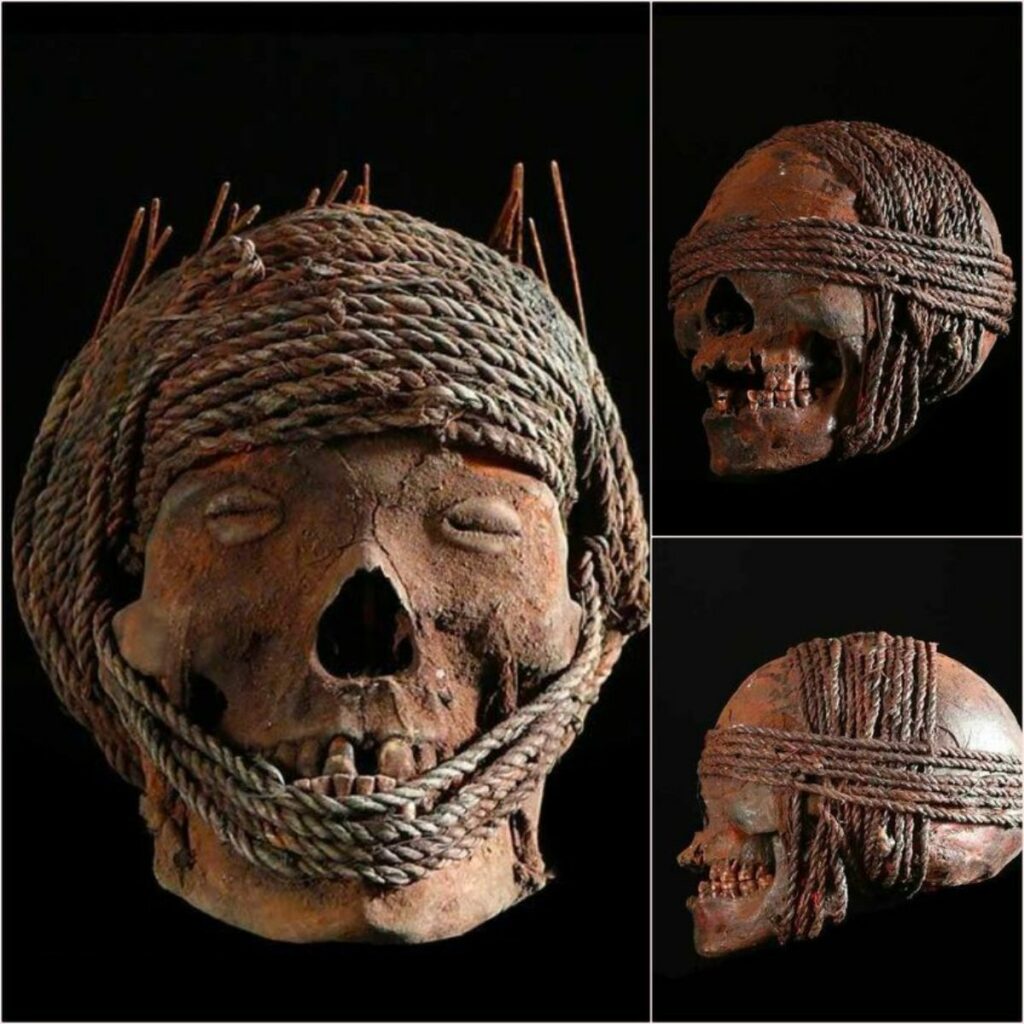Among the Fon ethnic group of Benin, the veneration of skull relics is a deeply rooted practice that continues to this day. Relics, such as skulls, hold profound significance in various cultures worldwide. These tangible links to our ancestors maintain their memory and forge a connection between the living and the dead.
The Significance of Skull Relics
Skull relics are not uncommon in certain ancient communities, including the Dayaks of Borneo, the Sepik region of Papua New Guinea, and various tribes in Africa, such as the Tiv of Nigeria, the Kota of Gabon, and the Fon of Benin. These skulls are often meticulously modeled, coated in thick layers of clay, and sometimes adorned with diverse materials like red Abrus seeds. Through these rituals, communities honor their ancestors and seek their guidance and protection in daily life.

The Fon Tradition
According to a local Fon source, a Vodun priest named Gambada, these relics were primarily used by the Ada people for divination rituals. However, during the 1970s, the then-President Kérékou banned the use of these relics. This forced their owners to conceal or bury them, as possession or use could result in imprisonment. This prohibition likely led to the disappearance of many skull relics from public view, as people sought to avoid legal repercussions.

The significance of rituals
The Fon skull relics held profound ritual significance, especially in matters of marital fidelity. On the first day of marriage, couples would often visit a fetish priest, who might recommend that they pass naked before an altar where one of these skulls was placed, then kneel and pray. According to belief, if either spouse were to betray their promise of loyalty, they would incur the wrath of the ancestors, resulting in severe consequences such as falling gravely ill or even succumbing to madness. This ritual served as a potent deterrent against infidelity, reinforcing the importance of marital fidelity within the community.

The Fon skull relics are a testament to the enduring cultural practices and beliefs of this African ethnic group. These tangible links to the past hold deep spiritual significance, serving as a means of communication with the ancestors and a vessel for the preservation of cherished traditions. Despite the challenges posed by societal changes, the Fon people’s reverence for these relics continues to thrive, ensuring the perpetuation of their rich cultural heritage. In moments of marital discord, the skulls served as impartial judges, offering a path to redemption for those who acknowledged their wrongdoing and sought forgiveness. This intricate interplay between tradition, spirituality, and social norms underscores the resilience and complexity of Fon society, highlighting the enduring relevance of age-old customs in navigating the complexities of human relationships.
